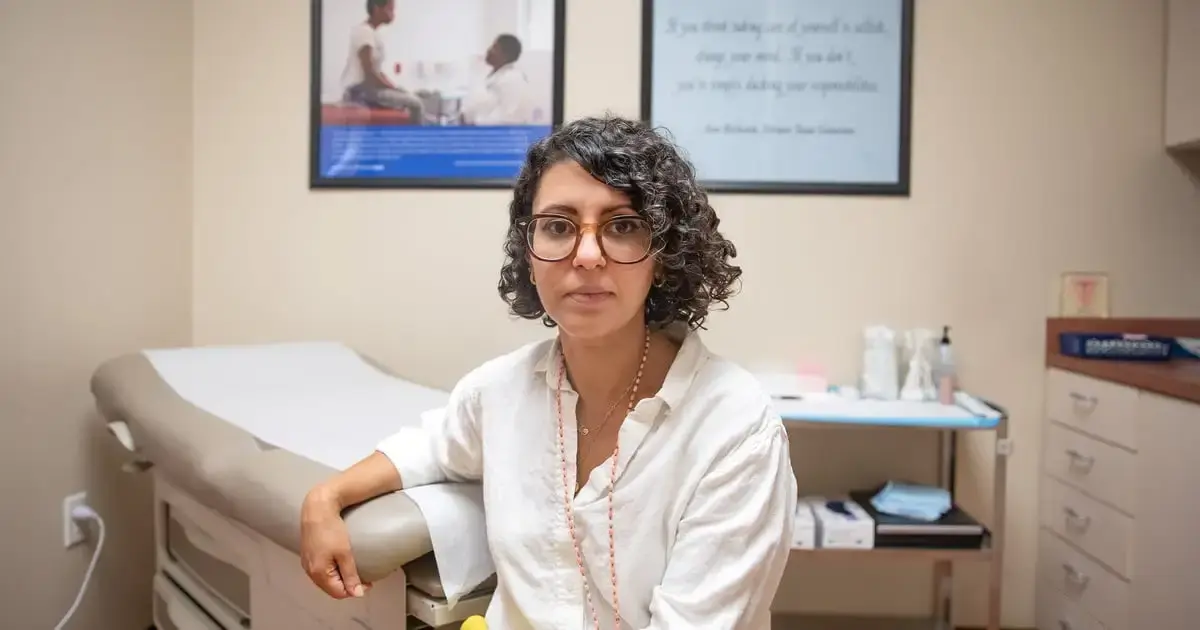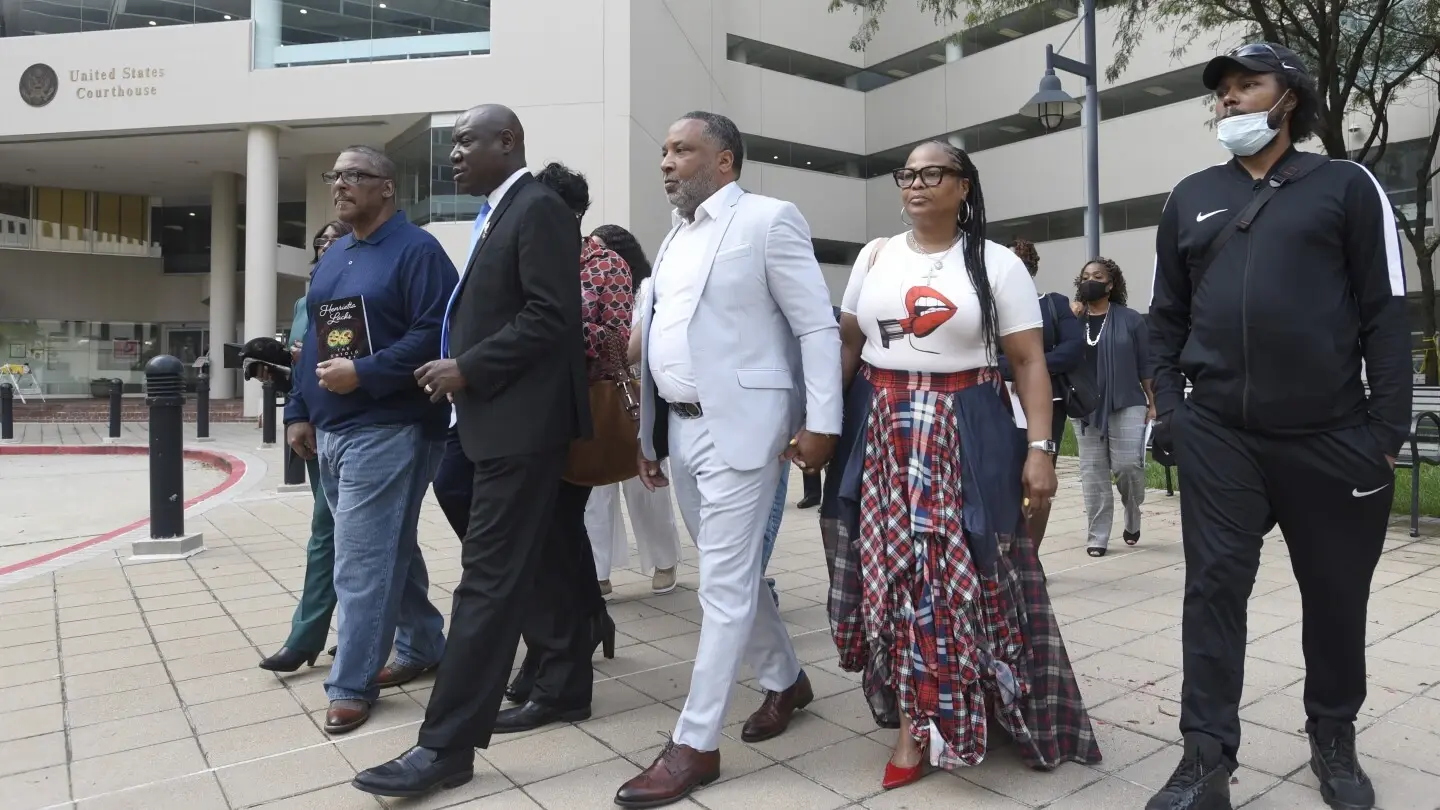The whole men’s barrier to seeking care think has gone on way longer than the grindset attitude of late. Any doctor or nurse will tell you “My wife/child made me come” are scary words to hear from a man in the ER. I think a big aspect is related to the grindset attitude though, but is deeper and more indolent. It’s that men are often primary/majority breadwinners in a household lots of the time, and on top of the social stigma of seeking care (independence, weakness), you make more money if you set your health on the backburner. The benefits of primary care are not often easy to conceptualize (you never think about a stroke you didn’t have) and this diminishes the importance of regular primary care vs acute care for illness and injury. It’s important to note that this is a generational trend in both sexes, healthy, young folks are less likely to have a regular primary care physician as compared to older people or children.
- 5 Posts
- 35 Comments
I am DRAGGING myself through this month. I take a really important exam for my career tomorrow. I’ve spent a month studying full-time for it, and i’m running on fumes. I’ll look forward to getting home tomorrow evening. I’ve just finished Snowcrash by Neal Stephenson, and now i’m finally getting into Apostles of Mercy by Lindsay Ellis.
I feel you. It’s hard to explain to people how much they take for granted their ability to be unguarded when seeking out activities or communities, and to find those places as a gay person you are restricted to a tiny fraction of places (usually HCOL too sadly)
On the side, I hate how most LGBT community stuff is nightlife, bars, clubs. That’s not really my thing. I’d like some other options for meeting people and hanging out that are more relaxed and preferably earlier in the day. Though I feel that’s not unique to me or even other gay people.

 9·7 months ago
9·7 months agoturn of phrase. Bond villians generally have some weird philosphy that guides their actions, like this attacker who is using a cyberattack to push a goal of threatening a company to make their stuff open source.

 12·8 months ago
12·8 months agoFrom the outside looking in, I feel there’s a lot of aspects of trauma and mental health problem that can manifest in kink, sometimes as a beneficial way of overcoming these issues, but I think there’s a lot of maladaptation in it, and the space allows folks to intentionally or unintentionally reinforce harmful thoughts and behavior.
I think even beyond the kink aspect, this is seen in sexuality generally. I’d say the best other example would be the idea of “bottoms” and “tops” as almost personality archetypes and rules of behavior rather than sexual preference.
It’s a procedure in search of indications. Unethical and surprisingly still common and covered by insurance. No doctor would perform aesthetic surgery on a child for any other reason save ear piercings, i don’t think it’s as common as it used to be, but an infant couldn’t consent to that either.
For some reason, I’ve encountered lots of moms (occasionally would get a “hell no” from dad though) whose biggest concern after their son was born is when the circ was going to be performed. I wish the medical organizations would put some more focus on the ethics and aspect of consent/assent. There’s a lot of talk about research in public health about how it may or may not affect STI rates, and then the argument gets stuck on risks/benefits rather than ethics.
It ultimately is a procedure rooted in cultural and religious practice, and the American medical establishment is pretty slow, especially in that aspect.

 6·9 months ago
6·9 months agoIt’s easy to throw pills at people in hopes they’ll take it, but it’d go further to educate people on how to best take care of themselves and their families via diet, exercise, and primary prevention. People don’t like that because it takes more money, effort, and isn’t a quick and easy thing to make money off of.

 9·1 year ago
9·1 year agoThis really clicks for how I understand my irritation with labeling and identity, and she really set it up in a way that is far more eloquent than I could explain.
I think this can be extrapolated to lots of other identity types when they subsume a person’s personality or global identity. Personally, I see it a lot with medical-adjacent stuff like disability, neuropsych related stuff, even sexual stuff like dom/sub terminology. She explains well that these terms can be exciting to help you discover who you are, but ultimately, they’re reductive and if you let it, labels can limit you and hinder your self-discovery and growth over time.
I’m finishing up the year, and about to start what is essentially my final year of school. Planning my schedule, getting in gear to apply for the residency match (first job/otj training after you finish medical school). I am doing a lot of bouncing between excited and nervous, so I’m doing a lot of work trying to be mindful and in touch with my mood, as stressful as the holidays already are.

 15·1 year ago
15·1 year agoLol. I can tell you if you asked doctors what the biggest problem in their clinic, it’s the EMR. I can say this myself, I’ve been in healthcare for a while in various roles, and i’m not to far off from graduating as a physician.
To find out what happened overnight to a patient, I have to sift through pages of computer generated junk to find just a few things. It’s even worse in clinic, if I want to read what happened last time a patient was here, I have to sift through a note that is 50% auto generated lists of stuff to find what I really need to know: what the last doctor said the plan was for today.
They mention inbasket messages, and that’s a huge issue. Now with the rise of patient portals, patients would message now for something that previously was a visit. Only recently has there been ways to recoup this cost (not that this is appealing to most patients, who see it as nickel and diming, though I empathize, I never can get to talk to a nurse/MA at my own family doc’s clinic either).
Doctors are swamped, most of the day is charting, ultimately to appease insurance companies so that we get paid. If you’re slotted for a 15 minute visit, and I’m not out after 10 minutes, I’m going to be late to every appointment until lunch or close, then I’ll spend time at home finishing up notes and paperwork (prior auths, refilling meds, replying to messages from nurses and other clinic staff). Ultimately, for what good our regulation of healthcare has brought in the US, it remains that it is regulatory capture nonetheless. Healthcare orgs are quickly conglomerating, so the hospital, clinic, pharmacy, and insurance company are all owned by the same company. At the loss of good patient care, doctors are being removed from the equation, care is being fragmented and compartmentalized in a lot of aspects and less of our time in the day is available for patients.
What they call burnout, really is moral injury. People who go into healthcare do it because at some level, they want to help people. It really sucks when you realize 90% of your day is screwing with a computer system that seems to be diametrically opposed to letting you do your job.
I use hispanic and can’t say i have much care for the whole latinx/e debate, but if latino or latina just doesn’t float your boat, I think latine at least sounds better and looks better.

 10·2 years ago
10·2 years agoUltimately this a definition issue, and is philosophical more than scientific. I have no doubt he’s a great neuroscientist, but it’s really not a great take. I think that the whole idea of neurochemistry cascading into the decisions we make doesn’t mean we don’t have the ability to choose within our neurochemical makeup. I think it definitely pushing a good point in that the root causes of our behavior, especially anti-social behavior, is possibly addressable in how we support and raise our kids.

 4·2 years ago
4·2 years agoI mean, I don’t use a scope to listen to pulse. I listen for murmurs, heart sounds, breathing, gut sounds. It sounds nice, but I doubt it is gonna give better info than what can be gotten from a stethoscope, ekg, or ultrasound(this is where a lot of the cutting edge is now in medicine).

 8·2 years ago
8·2 years agoInteresting findings. I think it’s interesting that the decline in religiosity seems to be more lack of trust in religious institutions, rather than just non-belief. I’m curious how this will affect organized religions. It seems religion is becoming more personal, with less of a social aspect, for better or worse.

 6·2 years ago
6·2 years agoI think the core of this is the hurtful aspects of gender roles men and boys face about how to handle and express emotions creates the situation of increased suicidality. Yeah firearms access is going to enable suicidal people to act upon their ideation, but taking it away just leaves you with a depressed/anxious guy, who doesn’t have the knowledge or resources to overcome his negative emotions. I’m not saying this in a “it’s a mental health issue not a gun issue” way, but society really normalizes the ignorance of mens’ emotions and for men to not build support for managing their emotions, be it intimate friendships, healthcare resources, healthy expression of emotions.
I think it’s good topic to bring up, because there’s a lot of things leading to men not doing too well, and I think it’d be dumb to ignore it, given the rise of acts of violence we’ve seen in the past decade from men who really feel disconnected or disillusioned with society. Finding out what we can do to help men cope with hardship in a more productive way, and ultimately address the root causes of the issues they face can improve things for men, as well as everyone in society.

 4·2 years ago
4·2 years agoIf it’s something you’re interesting in doing, do it. You become a pro by doing. Good luck!

 5·2 years ago
5·2 years agoI’ve worked in healthcare for 7 years and have not had any sort of assistive technology that hasn’t doubled my work.

 2·2 years ago
2·2 years agoI’m sorry you had to handle that. Though, this is an inevitable problem for a site hosting user-generated content of any sort. I think not hosting your own content is the biggest first step. It might be better to depend on external image/filesharing sites like how things used to work with imgur, photobucket, flickr, etc. (is photobucket around anymore, lol?). This does pose a risk for link rot and what not, but I think given the scale of this operation, there’s no reason to having to be scanning your own servers for illegal content any more than you have to for basic moderation. I’m not sure how this issue works with federation (if another lemmy instance hosted a bad image/thumbnail/message, does that get copied over to beehaw?), but if your risk tolerance doesn’t want to deal with it, a non-federated option would give you more control.
In general user generated content is always going to pose a risk to the website hosting it. It’s a matter of good risk management, from prevention and mitigation to an effective response, that will best serve both the administration and the users in terms of ensuring a safe service and minimizing legal risk.

 3·2 years ago
3·2 years agoI think the best protocol is report the bad actor, not engaging with them (especially inserting yourself into a situation you’re not already in), working on personal tolerance for verbal abuse and tactics for healthily managing feelings that come with getting bullied, and ultimately knowing when to remove yourself from a situation when it’s not beneficial for you any longer.
Remember that online harassment that you speak of generally falls under trolling. Trolls do things “For the lulz”. Their goal is to entertain themselves by getting other people mad, sad, upset, or making a scene. If you don’t take the bait, you can minimize the benefit they get out of trolling.
Getting familiar with privacy/safety settings on site you frequent is important for addressing targeted harassment.
To address your question, I don’t know if showing a victim that someone cares is necessarily what ALL victims might want, you are just some random anonymous user to them. They may just want to not talk to people, or to talk to people they trust. Recognizing boundaries is important, especially when someone has been the victim of someone trashing those boundaries through harassment.









I’m back home after spending a month on what is essentially an extended job interview/training opportunity at a hospital in another part of the country i’m considering moving to after I graduate medical school. It was fun, and I enjoyed it, but I’m so glad to sleep in my own bed. Now to begin the process of finalizing what I wanna be when I grow up, it’s agonizing (but exciting too, tbh) to finally have to make a choice that really will decide at least the next few years, but ultimately the rest of my career.